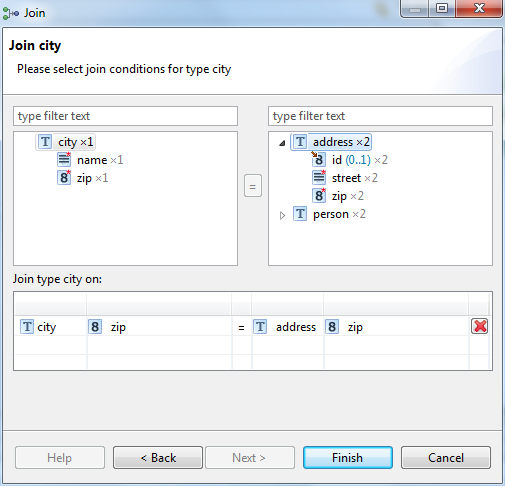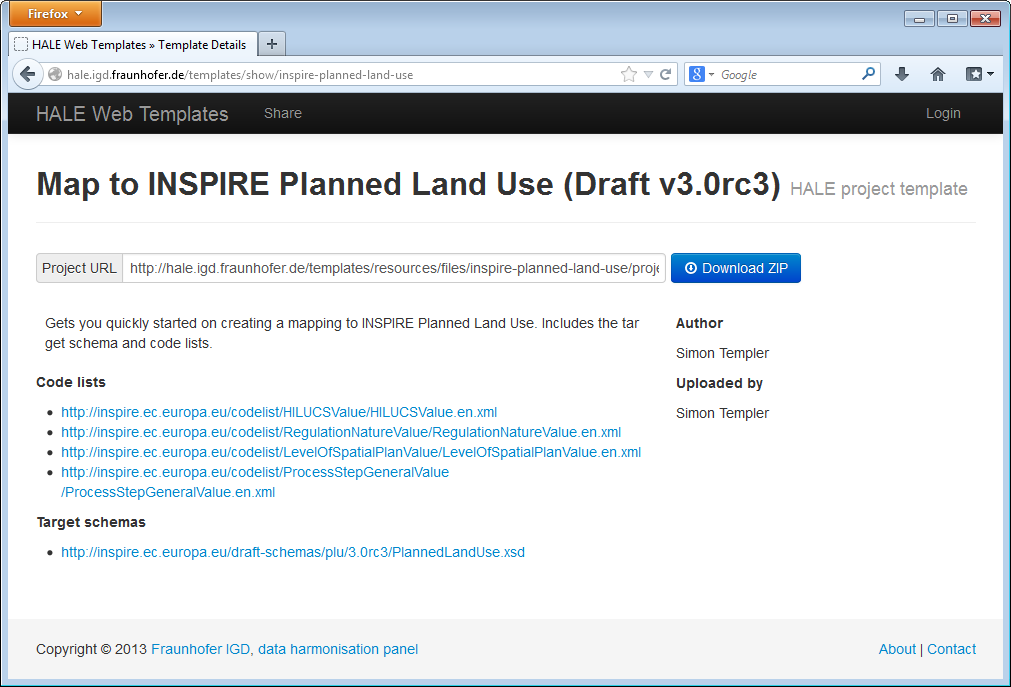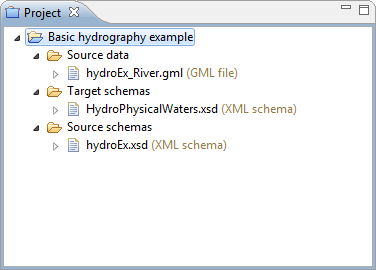User Interface

http://hale.igd.fraunhofer.de/templates/
To select a template and to load it in HALE, use the New project from template option in the File menu or use the Project URL copied from the template website and use Open Alignment project and From URL.

When doing data analysis based on the Occurring values in the Properties view, you can now create conditions on the corresponding schema elements with just one click.


Transformation and formats
In addition, transformed INSPIRE compliant features can now be saved to GML directly as an INSPIRE SpatialDataSet instead of the deprecated GML FeatureCollection.